
In partnership with

Good morning! ☀️
Tech events on your calendar are closer than they appear. Moonshot, the most important tech gathering in Africa, is now only a week away. We are still offering 30% off all tickets with a few spots remaining.
Join the conversation on Africa’s digital landscape and treat yourself to two amazing days of gaining valuable insights from industry experts, networking with potential partners and investors, and being a part of the groundbreaking innovations shaping the African digital economy.
Don’t miss out—this exclusive offer ends in 2 days!
Get tickets here.

Streaming
Four Kenyans want a share of Netflix’s ‘Free Money’ earnings
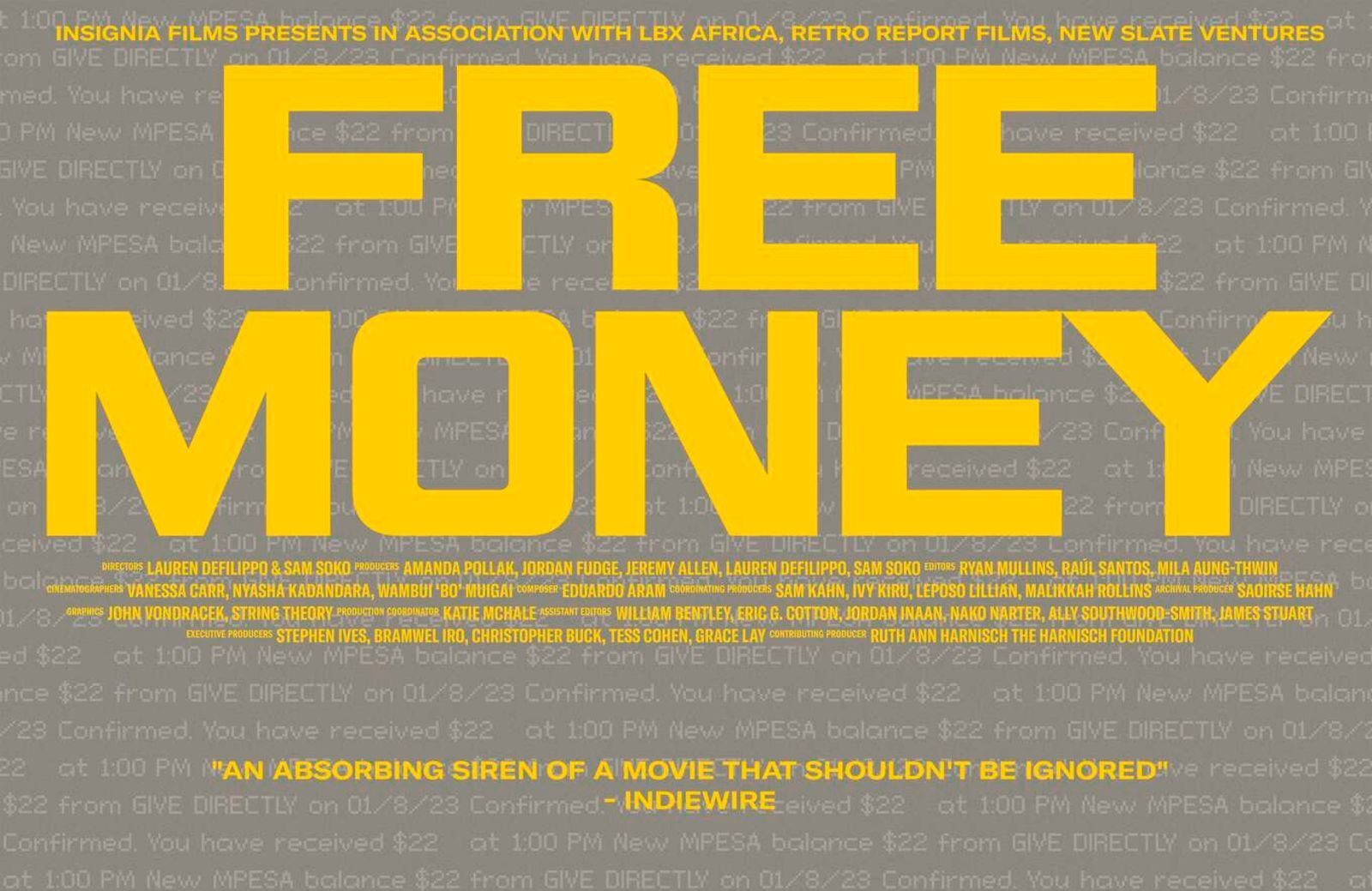
When people in vulnerable communities are the subject of documentary filmmaking, are they being exploited? There are no easy answers. Seeking consent on what to portray and the experiences that subjects feel comfortable sharing is a big ethical quandary.
Four Kenyans told a court their images and videos were used without consent in a 2023 ‘Free Money’ documentary on Netflix and want to be compensated for the documentary’s earnings. Their photos and videos were taken while receiving $22 cash donations from GiveDirectly, a US-based non-profit, as part of a 12-year financial support programme that began in 2018.
The petitioners, John Omondi, Jael Songa, Immaculate Adhiambo and Milka Okech, claim they were not given the details of the production and content of the two-hour documentary filmed over five years. They’re suing GiveDirectly, Insignia Films Inc. and Goodhue Pictures Inc. which produced the documentary.
The petitioners claim GiveDirectly only informed them the documentary was due to premiere in Canada and other cinemas weeks before the launch. The lawsuit could set a precedent for how filmmakers in Kenya seek consent and portray individuals.
Read the full story here.
Read Moniepoint’s Case Study on Funding Women
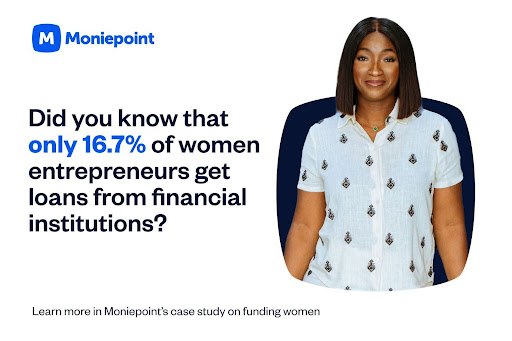
After losing their mother, Azeezat and her siblings struggled to keep Olaiya Foods afloat. Now, with Moniepoint, they’re transforming Nigeria’s local buka scene. Click here for a deep dive into how Moniepoint is helping her and other women entrepreneurs overcome their funding challenges.
Emerging Tech
Communication solves deep tech’s trust issues
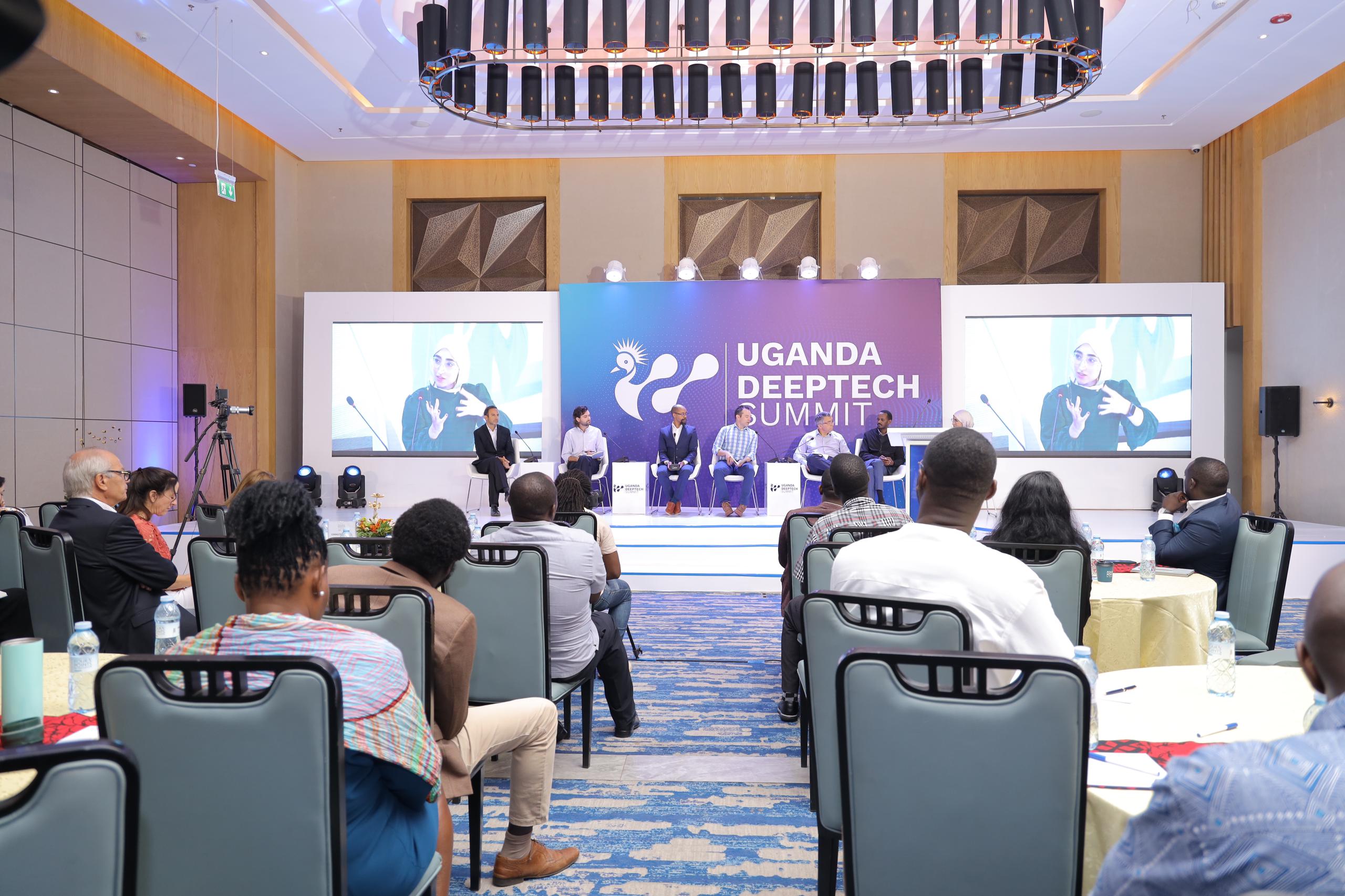
On the second day of Uganda’s deep tech conference, I had time for one-on-one conversations with some interesting people from MIT and AfricInvest. But first, a quick rundown of what we got up to on day two.
The format of the conference—a few panels and group conversations to point out the challenges and solutions for Uganda—remained the same, but the focus shifted to stakeholders like academia and investors.
Deep tech relies a lot on research making researchers at top universities key stakeholders. Why aren’t some of Uganda’s brightest and best turning their research ideas into commercial opportunities?
To hear Khaled Ben Jilani, a Senior Partner at AfricInvest, tell it, researchers must overcome considerable bottlenecks to turn these ideas into commercial opportunities. First, there’s the question of who owns the intellectual property (IP) of the ideas they come up with. Then, there’s the more practical concern that many academics aren’t entrepreneurs and may not be natural risk takers.
For Jilani, the government has to lower some of these barriers, considering that even with the right funding and support, innovations in deep tech can be a long game.
These conversations are critical because all parties—government, investors, founders, and academics—are present. They can come away from all this having agreed on a central source of truth.
For Kristy Morse, an MIT representative, this engagement can solve the trust problem for all stakeholders. “One relevant solution is partnerships and collaboration.”
Founders, who are often distrustful of regulators and regulators who sometimes view innovation with skepticism can use this to find common ground. Next up: presenting a clear plan to the government on Wednesday. See you then!
Issue USD and Euro accounts with Fincra
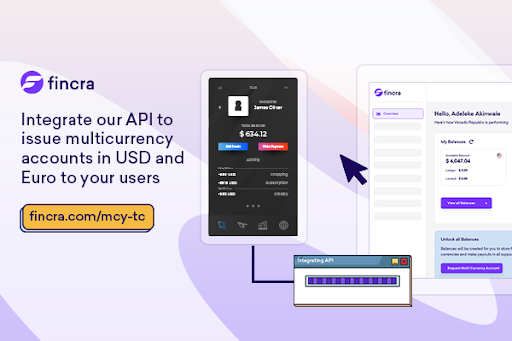
Whether you run an online marketplace, a remittance fintech, a payroll, a freelance platform or a cross-border payment app, Fincra’s multicurrency account API allows you to instantly create accounts in USD and EUR for customers without the stress of setting up a local account. Get started today.
Economy
Exxon’s sale to Seplat could help Nigeria meet its OPEC quota

Seplat, the Nigerian energy supplier, will complete its purchase of Exxon’s oil and gas assets in Nigeria in “a matter of days.”
The approval, which comes two years after its initial announcement, will alleviate Nigeria’s fuel scarcity and bolster its economy by increasing the availability of crude oil for domestic refineries and the demand for imported fuel.
Nigeria, Africa’s largest oil producer, has consistently fallen short of its OPEC production targets due to years of underinvestment in the oil industry—a critical driver of economic growth and government revenue.
The country produced 1.48 million barrels of crude per day, slightly below its OPEC quota of 1.5 million barrels. That deficit could be filled by Seplat, as the oil company has previously stated that the deal would almost quadruple its oil output to more than 130,000 barrels per day.
The sale could also help mitigate Nigeria’s age-long fuel scarcity issues as Dangote’s refinery becomes a possible source of fuel for the country. Exxon’s sale could lead to a more stable and abundant supply of petroleum products domestically, reducing dependence on imports and easing fuel shortages. This, in turn, could stabilise fuel prices and mitigate the cost-of-living crisis affecting many Nigerians.
The Tinubu administration, which is hungry for quick wins, will count the sale as a win especially since the President’s economic reforms have contributed to a cost-of-living crisis. While the President can claim that since taking office in May 2023, those economic reforms have attracted more than $30 billion in foreign direct investment, the average Nigerian will only count this as a win if it can immediately impact their life.
Introducing Pay with Pocket on Paystack Checkout
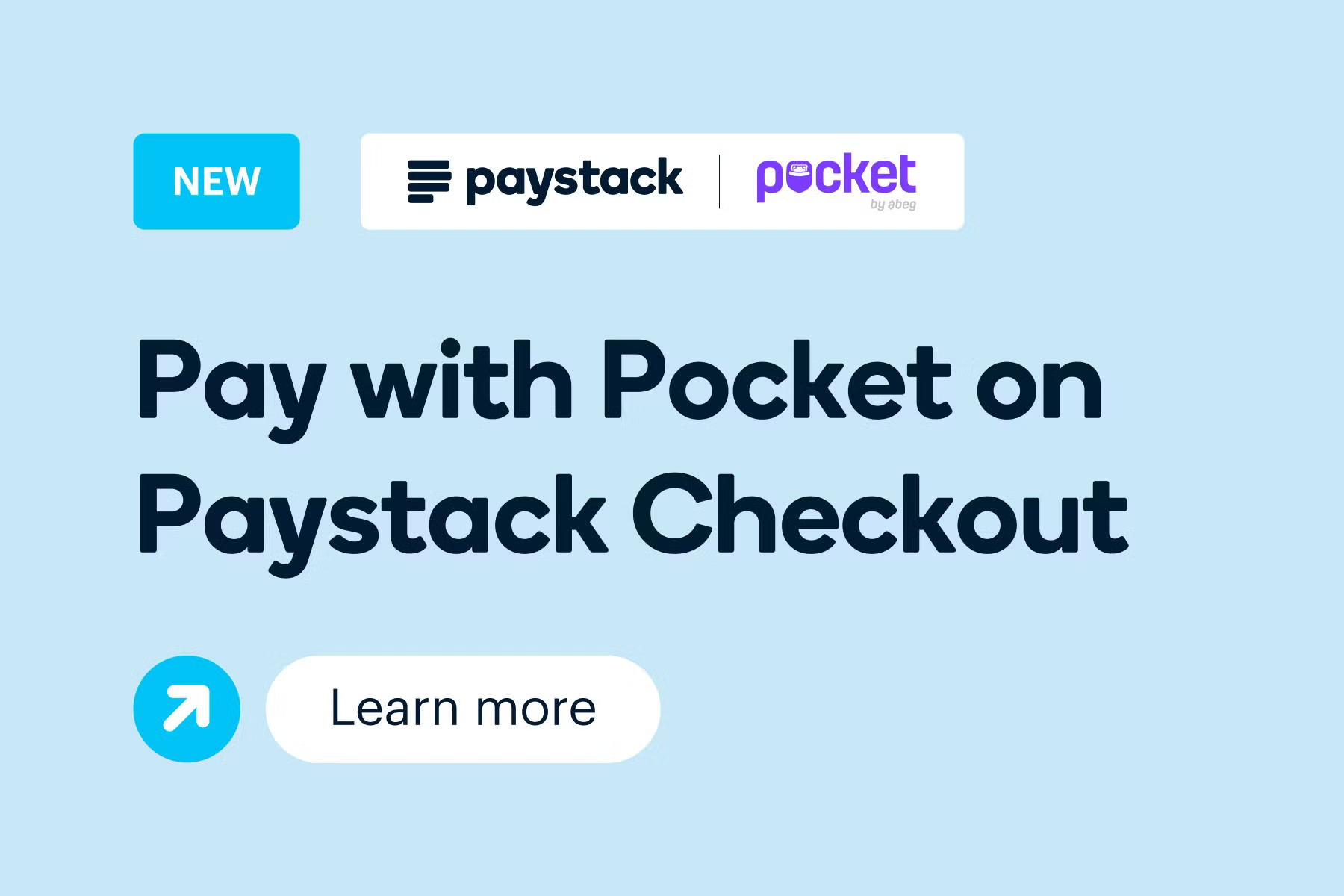
Paystack merchants in Nigeria can now accept payments from PocketApp’s 2 million+ customers. Learn more →
CRYPTO TRACKER
The World Wide Web3
Source:

|
Coin Name |
Current Value |
Day |
Month |
|---|---|---|---|
| $61,481 |
– 3.51% |
+ 7.01% |
|
| $2,487.89 |
– 5.9% |
+ 2.09% |
|
|
$2.17 |
+ 16.74% |
+ 76.66% |
|
| $146.64 |
– 5.8% |
+ 14.4% |
* Data as of 06:00 AM WAT, October 2, 2024.
Opportunities
- Here’s an exciting opportunity for crypto innovators! Quidax in partnership with TC Battlefield has launched an exclusive award category to celebrate the most promising and innovative crypto startup in Africa. If you’re solving big problems with cryptocurrency, you stand a chance to win the $15,000 grand prize and other exciting rewards. Applications close next week so apply quickly!
- Introducing Krent, a property tech platform providing Nigerian renters and buyers with a transparent, stress-free, and cost-efficient solution. krent.space addresses many of the long-standing frustrations faced by renters, such as time-consuming property inspections, countless outrageous fees, and inefficient processes. The platform has completely removed inspection fees—something that often blindsides house renters. If you’re renting a property in today’s Nigeria, you can pay up to 20% of your rent on extra fees but with Krent, you’ll only pay an 8% admin fee, which covers agency fees and any other costs related to the property. Get started here.
- The Future of Capitalism Tech Startup Competition is offering $1 million to one lucky tech startup that can transform how businesses today operate. If your tech can save costs, boost efficiency, increase productivity or customer satisfaction, then apply by September 30 for a chance to win.
Issue virtual USD cards for you and your customers
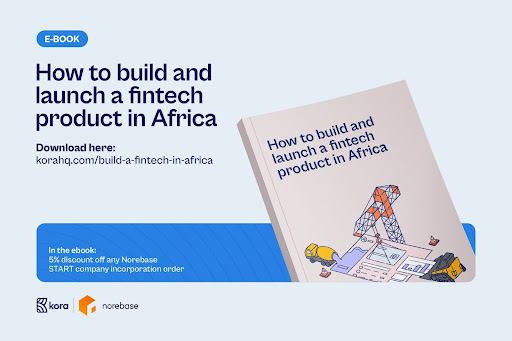
Do you want to issue virtual USD cards for your customers and business expenses? Use Kora’s APIs to issue cards, customise your card program, and set your customers’ funding limit to your risk level. Get started here.

Written by: Olumuyiwa Olowogboyega, Muktar Oladunmade, and Adonijah Ndege
Edited by: Olumuyiwa Olowogboyega
Want more of TechCabal?
Sign up for our insightful newsletters on the business and economy of tech in Africa.
- The Next Wave: futuristic analysis of the business of tech in Africa.
- Entering Tech: tech career insights and opportunities in your inbox every Wednesday at 10 AM WAT.
- TC Scoops: breaking news from TechCabal
P:S If you’re often missing TC Daily in your inbox, check your Promotions folder and move any edition of TC Daily from “Promotions” to your “Main” or “Primary” folder and TC Daily will always come to you.

Read Next
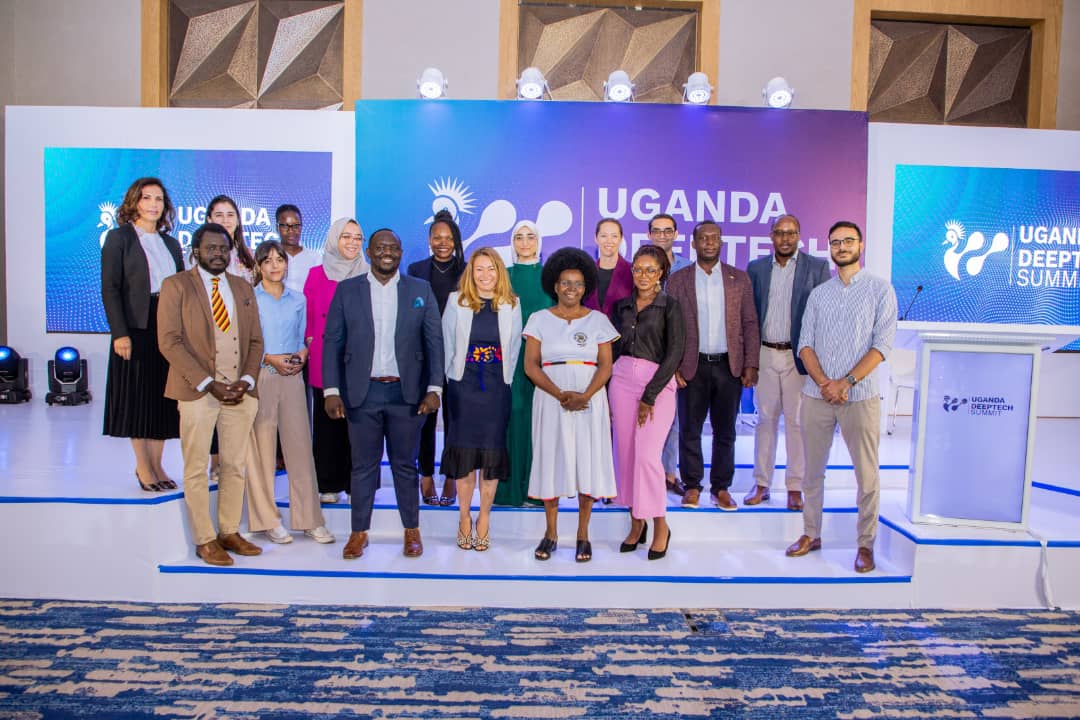
Read more



















